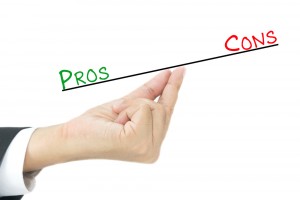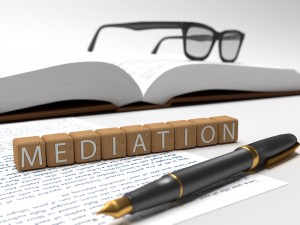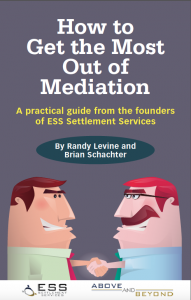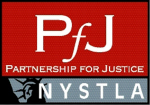 This week we return our attention to a topic we have discussed previously on the blog (most recently here). It is a question that comes up for consideration just about every time you prepare a case for mediation: should you bring your client to the mediation?
This week we return our attention to a topic we have discussed previously on the blog (most recently here). It is a question that comes up for consideration just about every time you prepare a case for mediation: should you bring your client to the mediation?
Many personal injury lawyers we know seem to be in the consistent habit of bringing their clients into mediation. There is also a sizable number who take the contrary view.








